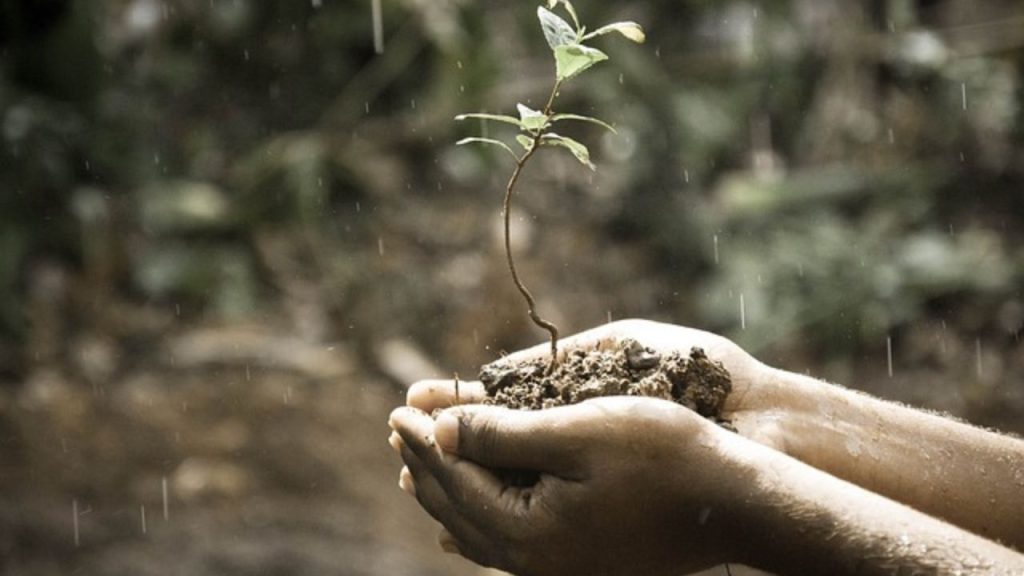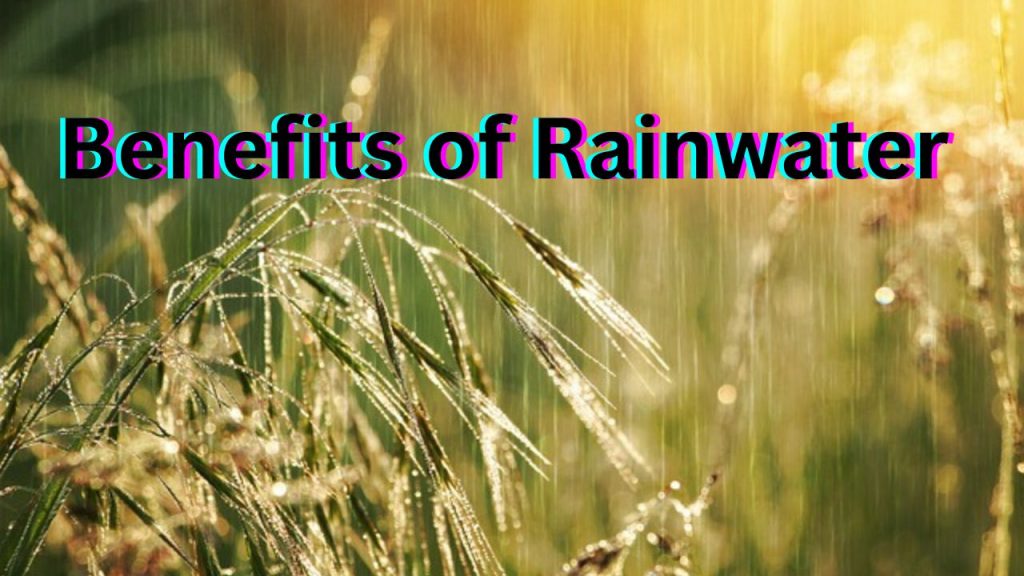Discover the numerous benefits of rainwater, from environmental and economic advantages to its role in health and sustainability. Learn how rainwater harvesting can save resources, reduce costs, and support a greener future.
Benefits of Rainwater
One of nature’s most valuable gifts is rainwater, which is necessary for life to exist on Earth. Rainwater is essential to preserving environmental balance since it replenishes water bodies, supports ecosystems, and reduces human reliance on artificial systems. The article highlights the significance of rainwater for people, communities, and the environment while discussing its many advantages.
1. Introduction: The Role of Rainwater in Life

Rainwater is an integral part of the water cycle. It gives freshwater to plants, animals, and humans with the maintenance of ecological balance. Though it occurs abundantly in many parts of the earth, the value of water from rain is taken lightly. The acknowledgment of its advantages and implementation of rainwater usage in regular life can lead towards more future sustainability.
2. Environmental Gains Due to Rainwater
a. Replenishment of Natural Water Reservoirs
The sources of rivers, lakes, and aquifers primarily rely on rainwater. It replenishes the same, ensuring that a constant supply of water is available for all human activities like drinking, agriculture, and industry. Without the presence of rain, these sources would eventually dry up, causing dire water shortages.
b. Supporting Plant and Animal Life
Rainwater is chemical-free compared to municipal water supplies used for community water supplies. It promotes healthy vegetation growth and crops, thus supporting wildlife ecosystems as well.
c. Soil Erosion Prevention
When rainwater is absorbed into the soil, it prevents erosion by stabilizing the ground. Unlike irrigation, which can cause overwatering and soil compaction, rain delivers moisture naturally and evenly.
d. Groundwater Purification
As rainwater passes through layers of soil, it is purified naturally. This process eliminates impurities, making groundwater even better in quality and usable for drinking and farming purposes.
3. Economic Benefits of Rainwater
a. Reducing Water Bills
Rainwater harvesting systems allow residential units to collect and utilize rainwater for purposes such as gardening, cleaning, and car washing. This decreases dependency on municipal water supplies, dropping water bills drastically.
b. Cost-Effective Agriculture
Rainwater harvesting reduces the expenses made by farmers, mainly those in rain-fed areas, in terms of irrigation. This reduces the loss of money incurred during a dry spell when little water flows in.
c. Energy Saving
Using rainwater minimizes the use of energy-intensive water treatment and pumping systems. This can reduce electricity costs, especially in urban areas that depend on desalination or long-distance water transport.
4. Benefits of Rainwater for Human Health

a. Soft and Gentle Water
Rainwater is soft in nature, with fewer minerals present, such as calcium and magnesium. This is softer on the skin and hair compared to hard water, which dries and irritates.
b. Lower Exposure to Chemicals
Rainwater is devoid of fluoride, chlorine, and other chemicals that are typically added to tap water. Exposure to these pollutants may be decreased by using this water for washing clothes, taking a bath, or even watering plants.
c. A Cleaner Living Environment
It can easily clean dirt and grime from surfaces without leaving residue, giving a cleaner and safer household environment.
5. Rainwater Harvesting: A Sustainable Practice
a. What Is Rainwater Harvesting?
Harvesting rainwater from paved surfaces, roofs, and other catchment places and storing it is known as rainwater harvesting. This can be kept for later use in barrels, tanks, or subterranean reservoirs.
b. Benefits of Harvesting Rainwater
lessens dependency on public water supplies.
acts as a supplement in dry seasons or when water is scarce.
collects stormwater to reduce urban flooding.
c. How to Begin Rainwater Collection
Install gutters and downspouts that collect water and direct it to storage tanks.
Use filters to remove debris and contaminants.
Clean and maintain the storage system regularly to ensure water quality.
6. Rainwater Agricultural Advantages

a. Natural Crop Irrigation
Rainwater is ideal for crop irrigation as it lacks the salts and chemicals present in treated water. It promotes healthier growth and higher yields.
b. Affordable for Small-Scale Farmers
For farmers without access to advanced irrigation systems, rainwater serves as an affordable and accessible resource.
c. Reducing Salinization Risks
Excessive irrigation with treated water can lead to soil salinity, damaging crops. Rainwater prevents this by naturally balancing soil conditions.
7. Rainwater in Urban Areas
a. Stormwater Management
Rainwater often runs off into the drains in cities, leading to flooding and overwhelming the sewage systems. The problems can be mitigated by the excess water storage of rainwater harvesting systems.
b. Cooling the Environment
Rainwater reduces the urban heat island effect through cooling surfaces and replenishing green spaces.
c. Green Infrastructure
Urban rain gardens, permeable pavements, and rooftop gardens use rainwater to enhance city landscapes and reduce environmental stress.
8. Problems of Using Rainwater
a. Storage Problem
Storage of high volumes of rainwater in the areas where land is scarce poses a problem. Compact systems and underground tanks can help overcome this issue.
b. Risk of Pollution
Rainwater may be contaminated by pollutants present on the roofs or gutters. Installing filters and regular cleaning can ensure it is safe for non-potable purposes.
c. Lack of Awareness
For several communities, awareness of the virtues of rainwater does not abound. Awareness initiatives can spur their adoption.
9. Rainwater in Fighting Global Warming
Rainwater collection reduces strain on over-stressed water supplies. It encourages practices of rational resource use of waters. Water drawn and transported causes environmental impacts those same impacts could lessen if it incorporates rainwater.
General Questions about Rainwater
Q1: Will rainwater provide drinking water?
Yes but must be filtered and treated appropriately to eliminate contaminants.
Q2: Is rainwater harvesting expensive?
It may be expensive at first installation, but large savings in future water bills plus environmental savings offset the investment.
Q3: What are main applications of rainwater?
Rainwater is useful in irrigation, cleaning purposes, and garden purposes. Even for drinking, if appropriately purified. Read about Japanese knotweed benefits.
Conclusion
Rainwater is an irreplaceable natural resource, which offers immense environmental, economic, and health benefits. The reduction of water bills, support to agriculture, and prevention of urban flooding are only a few examples of its vast advantages. It can be utilized at maximum levels if we embrace rainwater harvesting and sustainable practices for a healthier and more sustainable world.
The benefits of rainwater accrues are not only in the present but also shape a water-secure future. It is high time now to realize the importance and take the next step to make the best of this free and renewable resource.




